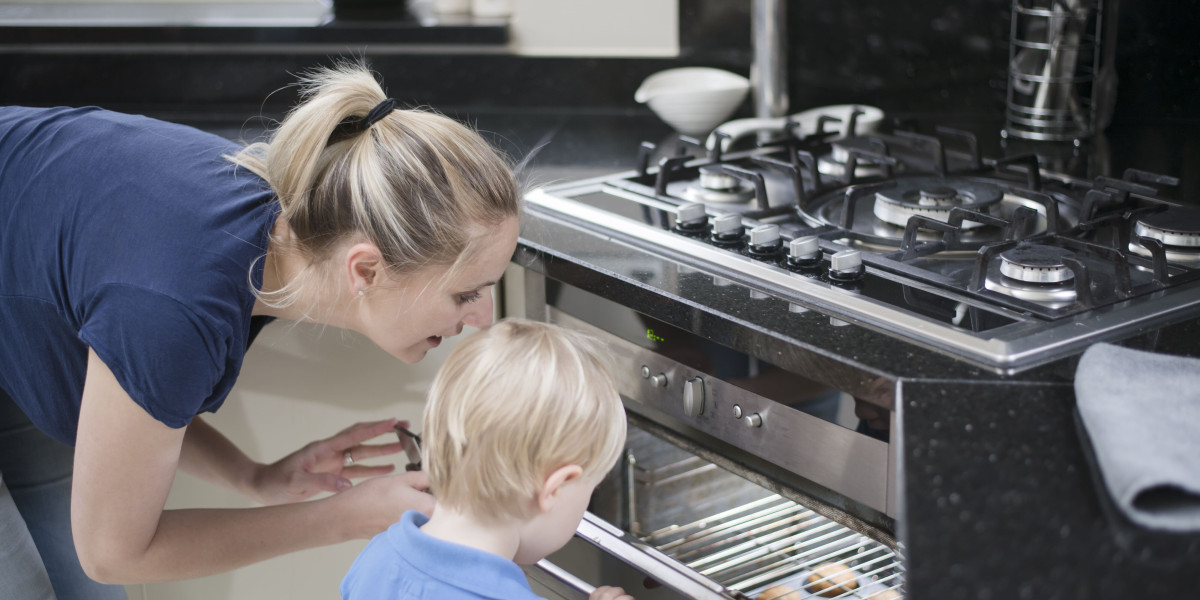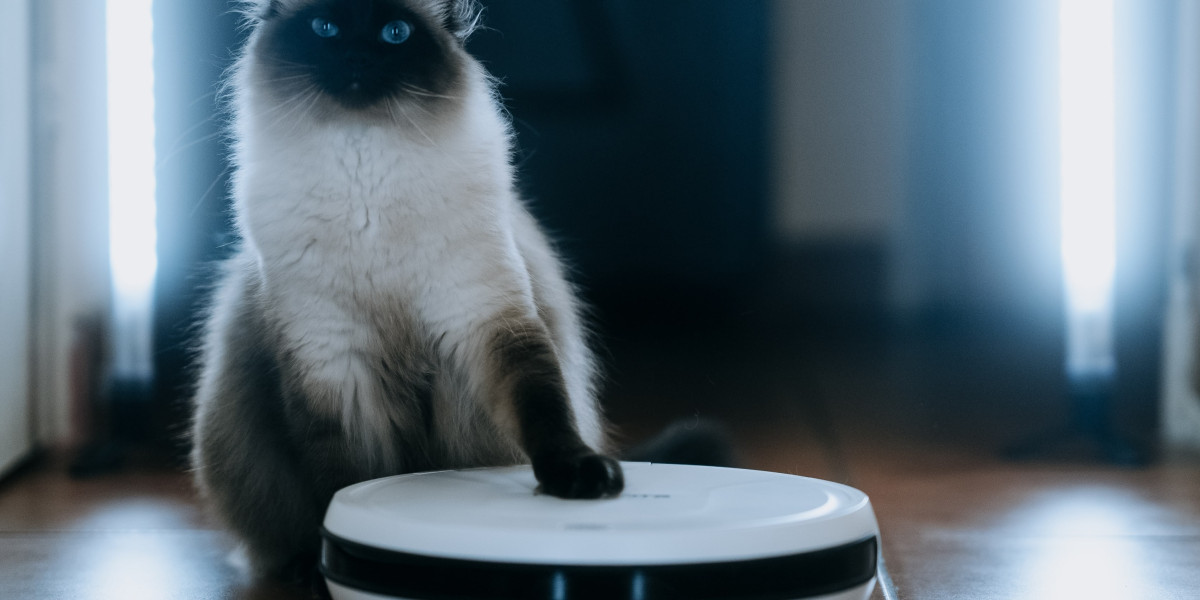Fitted Ovens and Hobs: An In-Depth Guide to Modern Cooking Appliances
Fitted ovens and hobs have ended up being a staple in contemporary kitchens, combining performance, aesthetics, and ingenious technology. These kitchen appliances are developed to effortlessly integrate into kitchen surface areas, providing the culinary lover with the tools required for effective meal preparation while maintaining a smooth and organized look. in built oven this article, we will check out the various kinds of fitted ovens and hobs, their advantages, aspects to think about when choosing them, and answers to frequently asked concerns.
Comprehending Fitted Ovens and Hobs
Fitted ovens built in and hobs are appliances specifically created to be built into kitchen cabinetry or counter tops for a smooth appearance. They can vary considerably in design, size, performance, and functions, which deal with diverse cooking requirements and kitchen designs.
Kinds Of Fitted Ovens
- Built-in Ovens: These ovens are set up straight into a wall or kitchen system and can be found in numerous configurations and sizes.
- Double Ovens: A built-in variation that includes two different oven compartments, enabling for numerous meals to be prepared at differing temperatures concurrently.
- Combination Ovens: These versatile appliances combine conventional baking with microwave innovation.
- Steam Ovens: Ovens that use steam for cooking, retaining wetness in food while boosting flavors and nutrients.
- Single Ovens: A basic oven system that is the most common type used in built oven homes.
Types of Hobs
- Gas Hobs: These make use of burner for cooking, providing instant heat and exact temperature control.
- Electric Hobs: Powered by electrical energy, these hobs typically feature smooth surfaces that make them easy to tidy.
- Induction Hobs: Utilizing electromagnetic energy, induction hobs heat cookware straight rather than the hob surface area, making them energy effective and a safe alternative.
- Combined Hobs: These provide both gas and electric options, offering flexibility for cooking designs.
Advantages of Fitted Ovens and Hobs
Fitted ovens and hobs provide various benefits that improve the cooking experience:
- Space Efficiency: Designed to suit kitchen cabinetry, fitted appliances use up less space compared to standalone models, creating a streamlined kitchen design.
- Visual appeals: Fitted designs frequently produce a more cohesive and visually enticing kitchen style.
- Personalization: Homeowners can pick from a variety of designs, finishes, and includes to match their kitchen design and cooking requirements.
- Enhanced Functionality: Many modern-day fitted ovens and hobs boast advanced innovation, such as wise controls, self-cleaning features, and accurate temperature level settings, which simplify cooking.
- Safety Features: Many hobs, particularly induction designs, have safety features such as vehicle shut-off and child locks, promoting a more secure cooking environment.
Factors to Consider When Choosing Fitted Ovens and Hobs
When selecting fitted appliances for a kitchen, numerous factors need to be considered to guarantee the ideal option:
- Cooking Style: Different appliances accommodate various cooking habits. Home cooks must evaluate their normal meal preparation approaches to discover suitable appliances.
- Space and Layout: Measure the offered space in the kitchen to ensure that the chosen appliances fit neatly without impeding movement.
- Energy Efficiency: Choose appliances with energy-efficient rankings to lower energy costs and environmental effect.
- Technology and Features: Consider the desired features, such as wise technology, self-cleaning modes, or specific cooking functions like steam or convection cooking.
- Spending plan: Determine a spending plan before making selections to guarantee that the selected designs line up with financial planning.
Table: Comparison of Different Types of Ovens and Hobs
| Appliance Type | Pros | Cons |
|---|---|---|
| Built-in Ovens | Space-saving, personalized style | Setup cost can be high |
| AEG SurroundCook Double Oven - 61L Capacity Ovens | Prepare numerous dishes at various temps | Uses up more area |
| Steam Ovens | Healthy cooking, maintains nutrients | Typically greater cost |
| Gas Hobs | Quick heat control, preferred by chefs | Requires a gas line installation |
| Induction Hobs | Fast cooking, energy-efficient, safe | Needs compatible pots and pans |
| Electric Hobs | Easy to clean up, steady cooking temperatures | Heating times can be slower |
Frequently Asked Questions (FAQs)
1. What is the distinction in between a built-in oven and a freestanding oven?
A built-in oven is best integrated oven into kitchen cabinets for a seamless look, while a freestanding oven stands alone and is typically more noticeable and accessible.
2. Are induction hobs safe to use?
Yes, induction hobs are considered safe as they just produce heat when compatible pots and pans is put on them, lowering the danger of burns.
3. Can I install a fitted oven myself?
While some individuals may pick to install fitted ovens themselves, it is generally recommended to work with an expert to ensure correct setup and adherence to safety standards.
4. What size of oven is perfect for a small kitchen?
In small kitchens, consider compact or single built-in ovens that fit within the readily available space without jeopardizing on cooking performance.
5. Do fitted ovens and hobs need unique upkeep?
Fitted appliances require basic upkeep, such as cleansing and regular checks. However, specific upkeep jobs depend on the kind of oven or hob.
In conclusion, fitted ovens and hobs represent the embodiment of modern kitchen style and functionality. By comprehending their types, benefits, and considerations, customers can make educated options that improve their cooking experiences while fitting flawlessly into their home. Whether creating premium meals or preparing household dinners, fitted ovens and hobs are important tools in any culinary space.









